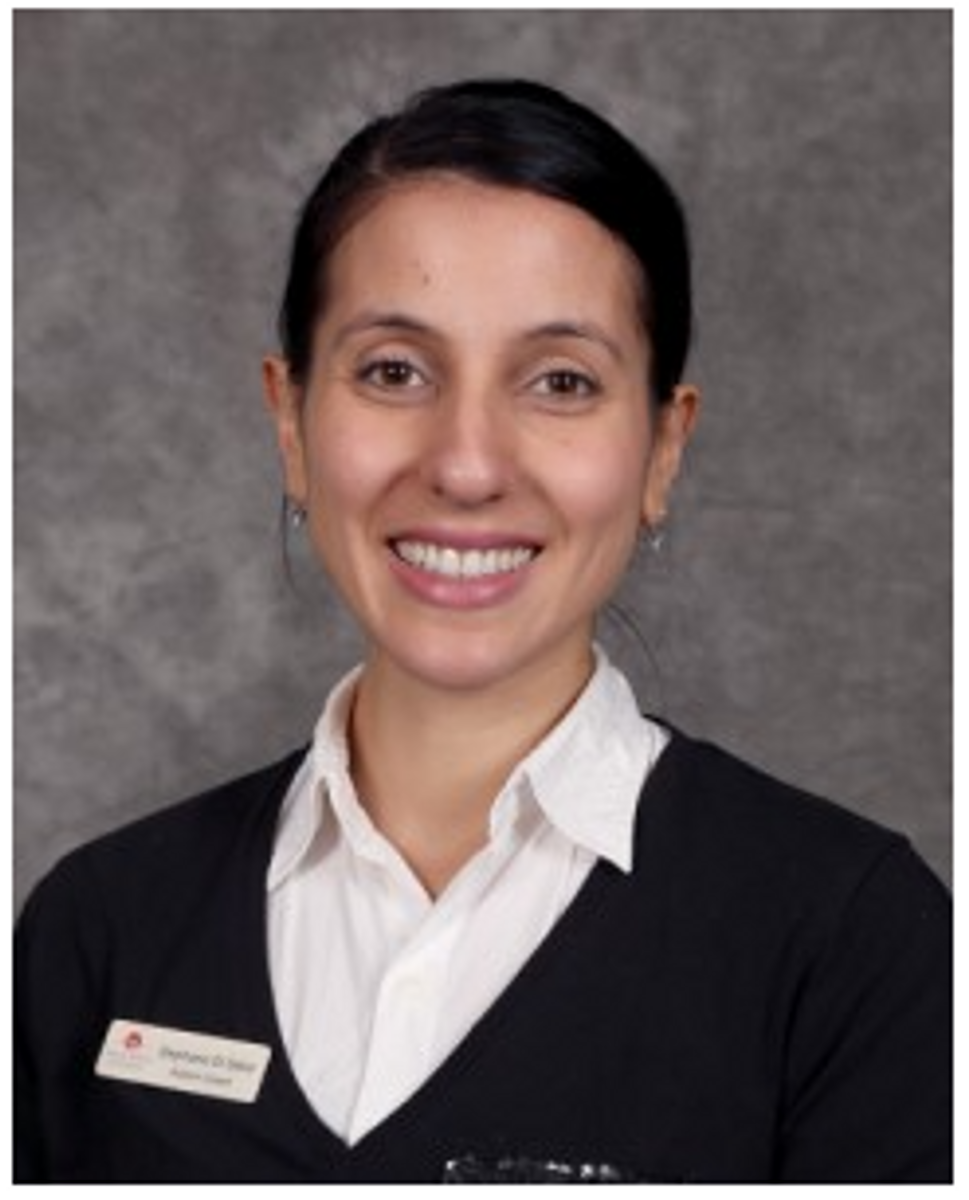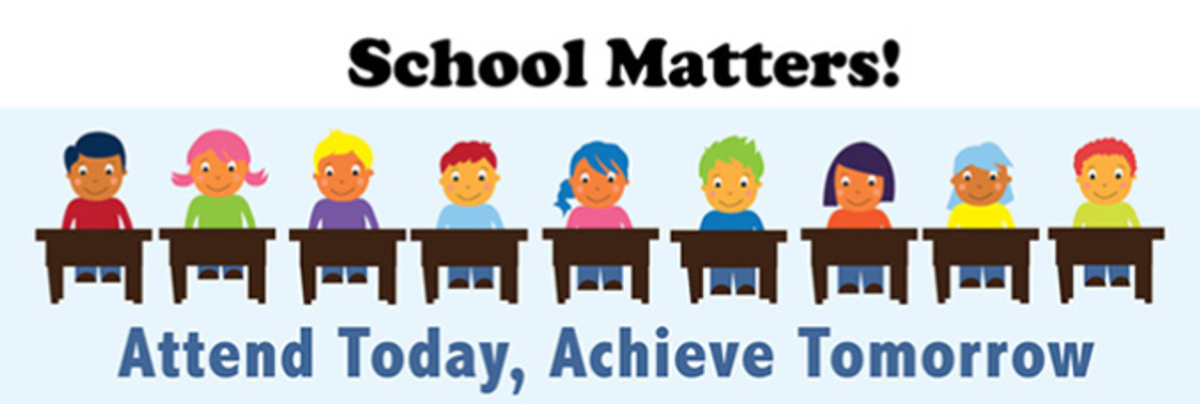Excellence in Teaching and Learning

Stephanie Di Salvo
Assistant Principal
Term 3 Professional Practice Sessions:
Week 8: Emylee Ephraums | Psychologist | Hume South Network (HUMA)
Emylee will be unpacking her role as a Psychologist within Student Support Services. She will be exploring how she can support schools with critical incidents and will link to vicarious trauma. The Professional Learning session will also explore the importance of self-care during these unpredictable and uncertain times.
Week 9: Zoe Sharpe | Social Worker/Mental Health Practitioner (JSA)
Zoe will be exploring how staff can further support student mental health during onsite and offsite learning and how to build trusting relationships. This topic will support teachers and ES staff to understand how student's physical, social and intellectual development and characteristics may affect learning and school engagement.
Recording student attendance during Remote and Flexible Learning
Attending school every day is the single most important part of your child’s education. Students learn new things when they attend school each day. Attending and participating in school will help your child develop:
- important skills and knowledge to help them learn
- social and emotional skills such as good communication, resilience and team work
During this period of Remote and Flexible Learning (R&FL), classroom teachers should record student attendance once a day. Attendance during R&FL could look different depending on the classroom/individual work program and/or agreements made between the teacher and parent/carer.
Please be aware that your classroom teacher will identify and follow up with parents/carers of any unexplained absences after the first day of a student's absence.
When there is no exemption in place, the parent/carer must promptly provide an explanation on each occasion to the classroom teacher.
If an explanation involves student disengagement as a result of online learning, classroom teachers may offer alternate modes of learning such as hardcopy learning resources. Development and distribution of hardcopy learning resources will be arranged and co-ordinated by the classroom teacher and SSL/Mees Bus Chaperone.
For further information related to student attendance during R&FL please do not hesitate to contact your classroom teacher via email or WebEx.
Talking to your child about COVID-19
How to have a safe and reassuring conversation with your child plus links to helpful resources
- Don’t be afraid to discuss COVID-19 with your children
- Some of our students may have already heard about coronavirus. Parents and carers should take the opportunity to talk to them about the current situation.
- Honest and regular communication is key. Not talking about something can make children worry more. Parents and carers can help by positioning themselves as a trusted source for information and as a person who can help children with their questions.
Adapt information appropriate to your child’s communication and cognitive learning needs
- Try to remain calm and positive when talking to your child.
- Offer information using language and examples that can be explained using their individual communication system/s and with visual supports.
- It’s okay if you can’t answer everything – and to say you’re not sure. Use this as an opportunity to find out information together. Being available to your child is what matters.
- Be careful not to share too much information all at once, as this may be overwhelming.
- Avoid talking in a way that could make your child feel more worried
Be guided by your child
- Ask your child to express anything they may have heard about COVID-19, and how they feel about this situation.
- Check in with your child often. Give them opportunities to ask you questions over the coming weeks and months.
- Some children will worry more about others than themselves. Find ways for them to connect with family and friends as much as possible using technology.
- Be reassuring. Tell children that the changes in their life have been introduced to make us all safer. Tell them that eventually, things will go back to normal.
- Be aware of the language you use with your child while you're around them. Remember that some children may be listening to adult conversations more than usual.
- Don’t dismiss your child’s fears. It's understandable for them to be concerned because they have probably never experienced anything like this before.
- Tell your child that doctors and scientists all around the world are working really hard to learn more about COVID-19 and to keep us safe.
Additional resources
For parents:
- Talking to your child about COVID-19
- Raising Children Network – coronavirus (COVID-19) and children in Australia
- Emerging Minds – supporting children during the coronavirus outbreak
- KidsHealth – coronavirus (COVID-19): How to talk to your child
- eSafety Office – COVID-19: an online safety kit for parents and carers



